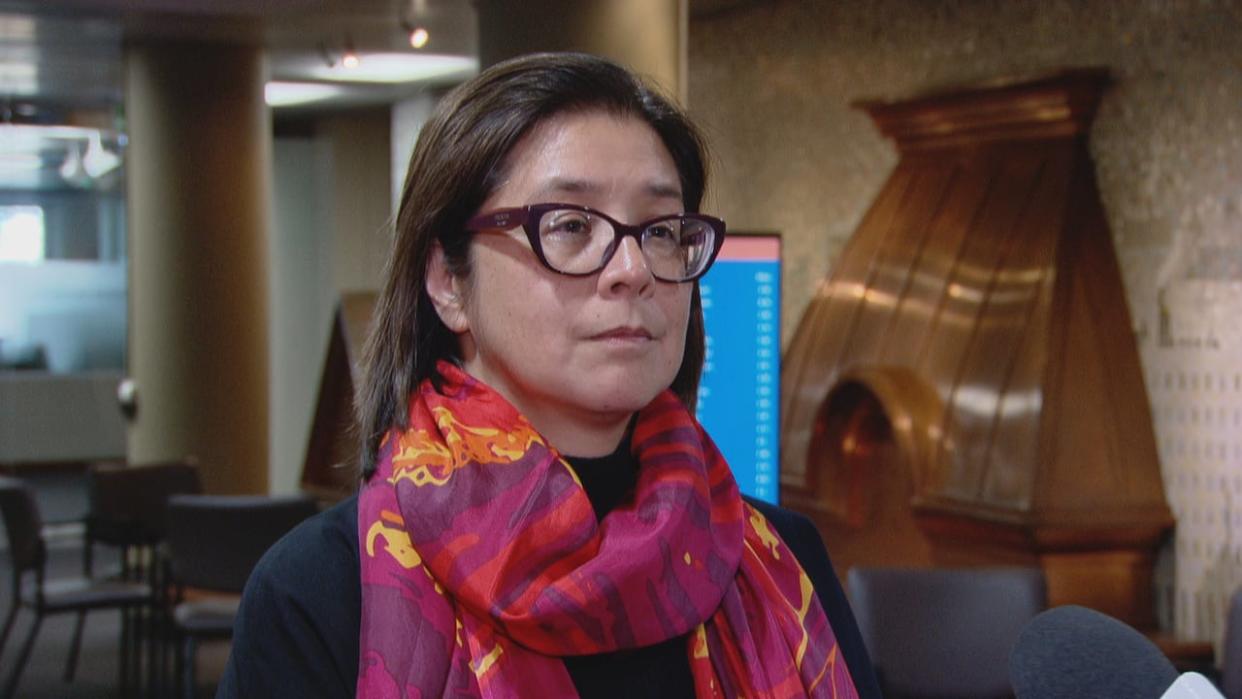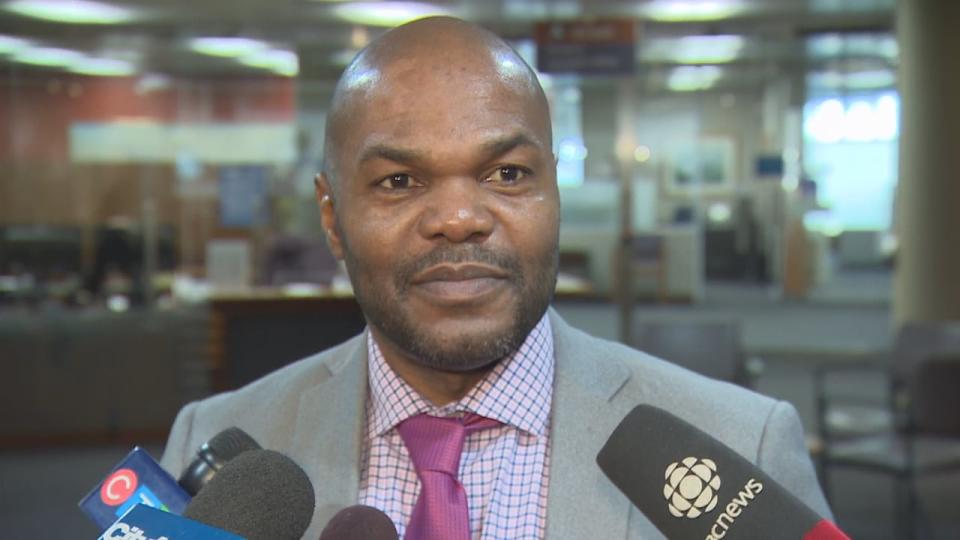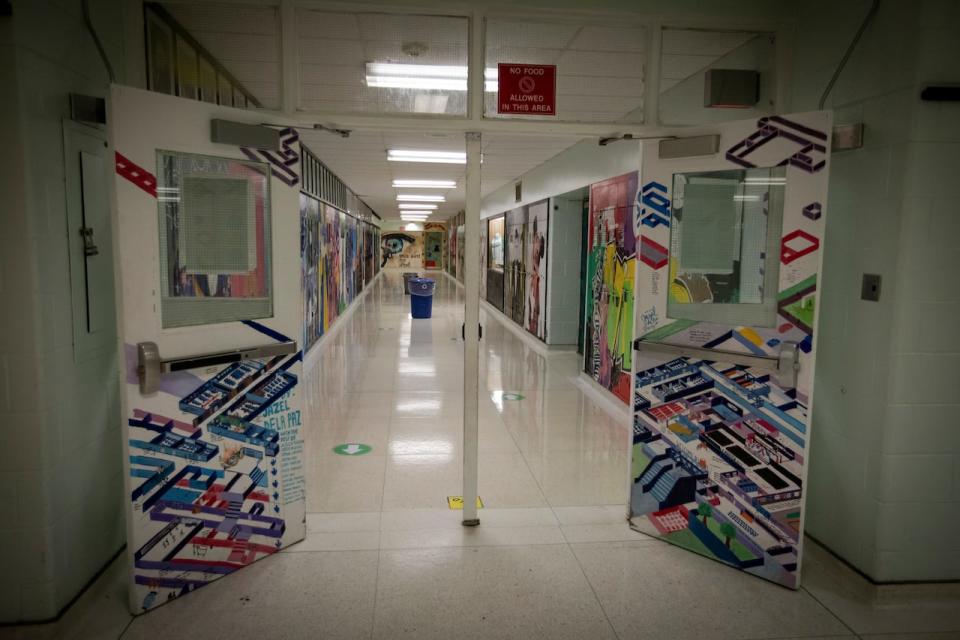Students struggling in wake of pandemic, more mental health resources needed: Toronto board of health

More mental health resources are needed for child and teens still suffering negative impacts from the COVID-19 pandemic, Toronto's board of health says.
The board decided at a meeting on Monday to recommend that the city ask the province for more mental health funding to help students who require "intensive" intervention that goes beyond the scope of the school system.
Specifically, the board said the province should address wait times for treatment and increase access to care for students in distress. The board also decided to recommend that the city ask the province to work with school boards on the issue. Its recommendations will go to the next city council meeting.
At the meeting, Toronto Public Health (TPH) staff told the board that students reported higher rates of depression, an increase in screen time and a decrease in physical activity in recent surveys.
"Unfortunately, what we've seen is that a significant proportion of our young people, almost 50 per cent in fact, described that they were having moderate to severe concerns in respect of their mental health," Dr. Eileen de Villa, the city's medical officer of health, said after the meeting.
"Obviously, this is a concern for us."
But de Villa said collaborative work can be done with governments, school boards, families and the larger community to support better health.
'A vicious cycle'
Coun. Chris Moise, chair of the board of health, said he saw a decline in student mental health firsthand when he was a school board trustee prior to being elected councillor last year.
"Students were actually behaving erratically. They were not really socializing with one another. There was an increase in violence in schools, an increase in sexual assaults. I think it's all compounded," he said.

Coun. Chris Moise, chair of Toronto's Board of Health, says he saw a decline in student mental health firsthand when he was a Toronto District School Board trustee prior to being elected councillor last year. (Mark Boschler/CBC)
Among the statistics TPH staff presented to the board members were:
More than half, or 59 per cent, of Ontario students reported that the pandemic has left them feeling depressed about the future.
More than one-third, or 39 per cent, reported that it made their mental health worse.
Toronto emergency department visits related to self-harm among children and youth increased by 30 per cent in the first year following the start of the pandemic.
The data was taken from Toronto's Population Health Profile (2023), the Ontario Student Drug Use and Health Survey (2022) and the 2022 ParticipACTION Report Card on Physical Activity for Children and Youth.
TPH staff also told the board that food insecurity has an impact on mental health of young people and that one in every five Toronto households experienced food insecurity last year.

A view of an empty hallway at Wexford Collegiate School for Arts in Toronto on Aug. 27, 2020 during the first year of the pandemic. (Evan Mitsui/CBC)
De Villa added: "You can see how a vicious cycle can emerge. Families, parents are stressed about being able to put food on the table. That creates household stress. For a child themselves, recognizing that they're hungry, has a direct impact on their ability to learn."
According to the Ontario Student Drug Use and Health Survey (2022), the by children and teens' screen time has increased since the start of the pandemic.
More than 88 per cent of children and teens spend three hours a day in front of a screen in their free time, while 31 per cent spend more than five hours on social media each day, up from 21 per cent in 2019.
Aggression a concern: TDSB director
Colleen Russell-Rawlins, the Toronto District School Board's director of education, told the board that the TDSB, along with other school boards in Ontario and North America, has seen an increase in violence and aggression among young people.
"Youth between the ages of 12 and 16 have faced greater challenges arising from the pandemic," she said.
In 2023, Russell-Rawlins said she established an expert panel on TDSB student and staff safety. The panel is giving feedback to the TDSB on its 13-point strategy to improve safety in schools.
She said the board is also exploring the link between food insecurity and mental health.
Brendan Browne, director of education for the Toronto Catholic District School Board, told the board of health that being apart was difficult for students during the pandemic. Now that students are back in class, Browne said it is important that students are together safely.
"We all recognize the importance of students being in school, that importance of their connection with one another, the social aspect," he said. "The negative impacts of the pandemic, we were feeling deeply in our schools. We have just missed so much time."
Province defends investment in mental health
The province, however, said it has been generous with mental health funding for students.
Grace Lee, spokesperson for Ontario Education Minister Stephen Lecce, said in a statement on Monday that the provincial government has significantly increased funding in mental health supports for students in the past five years.
"Our government understands that good mental health is critically important for academic success," Lee said in a statement.
"That is why we have made mental health learning mandatory in the curriculum and increased student mental health funding in schools to a historic $114 million in the 2023-24 school year, representing an increase of 555 per cent when compared to the former Liberal government," she continued.
The statement also says Ontario invested another $12 million this school year to"ensure continuous supports through the summer months" as well as introduced new mental health modules to manage stress.


